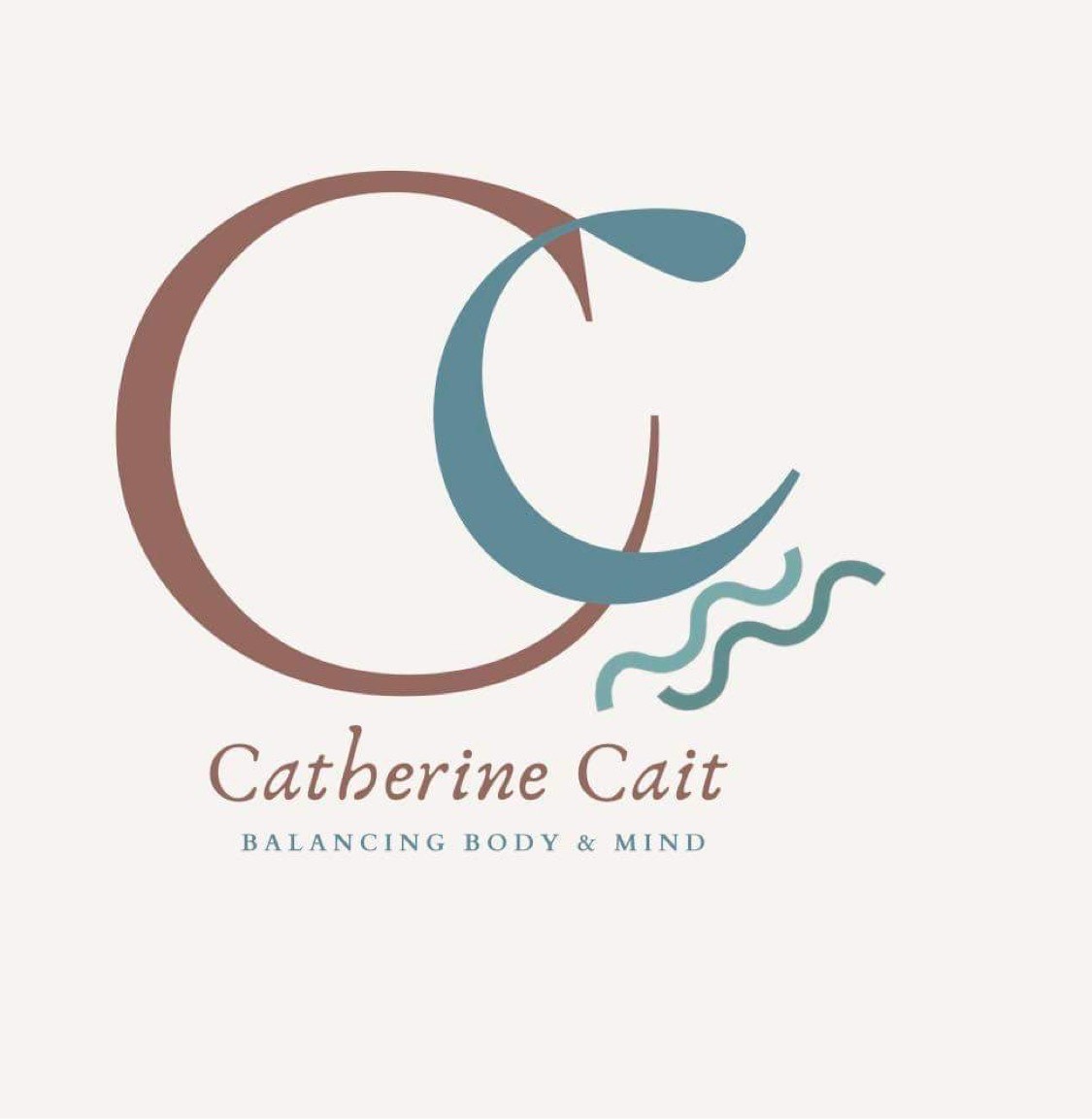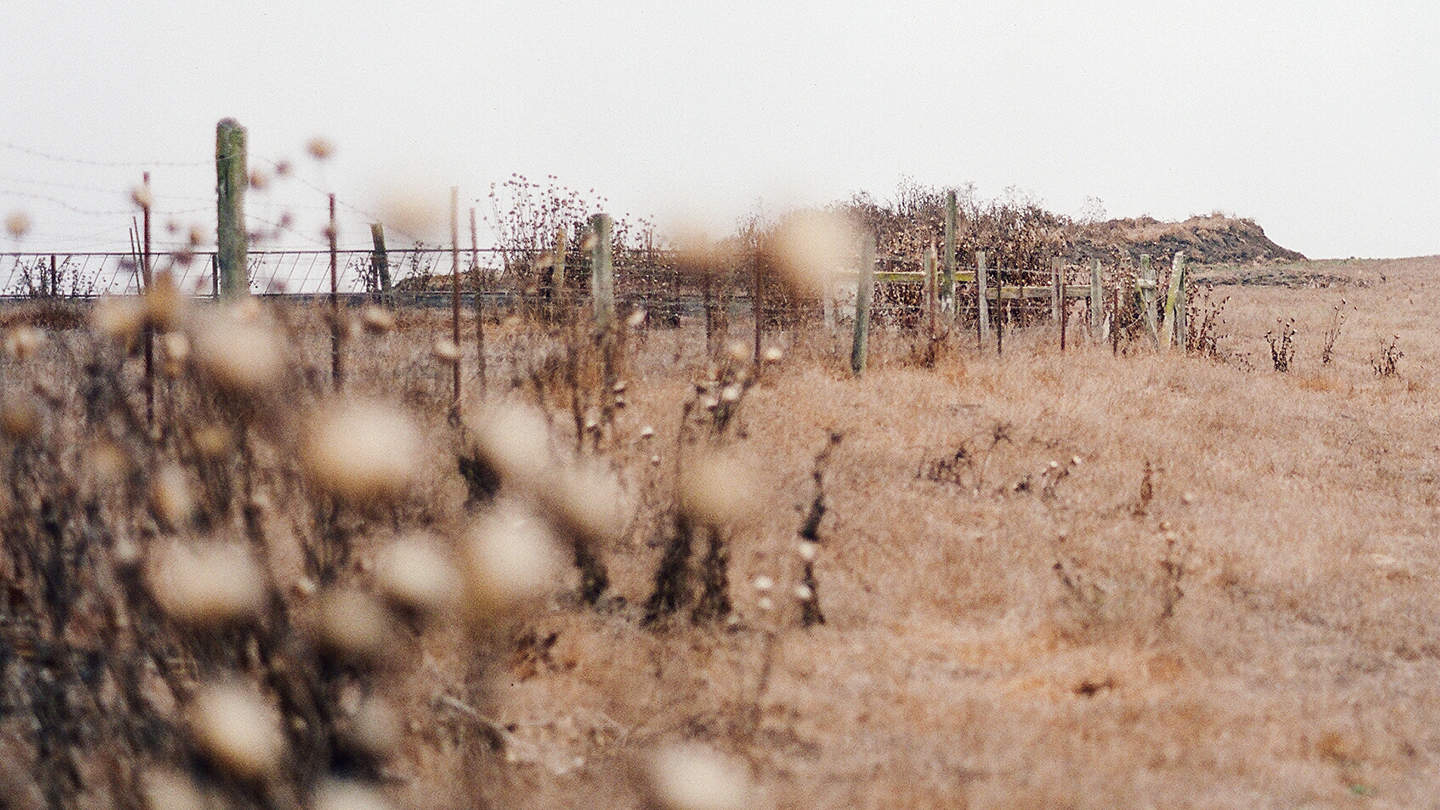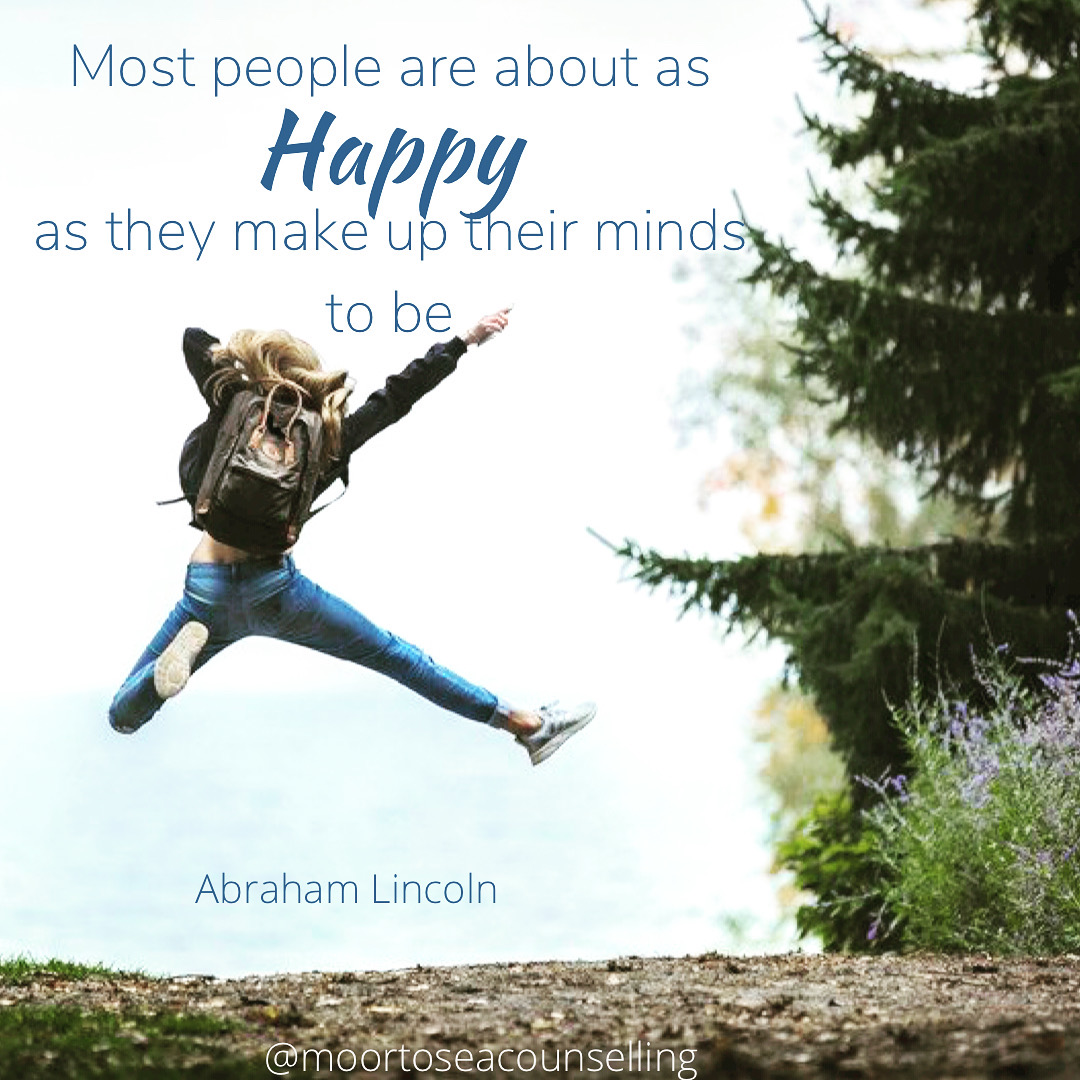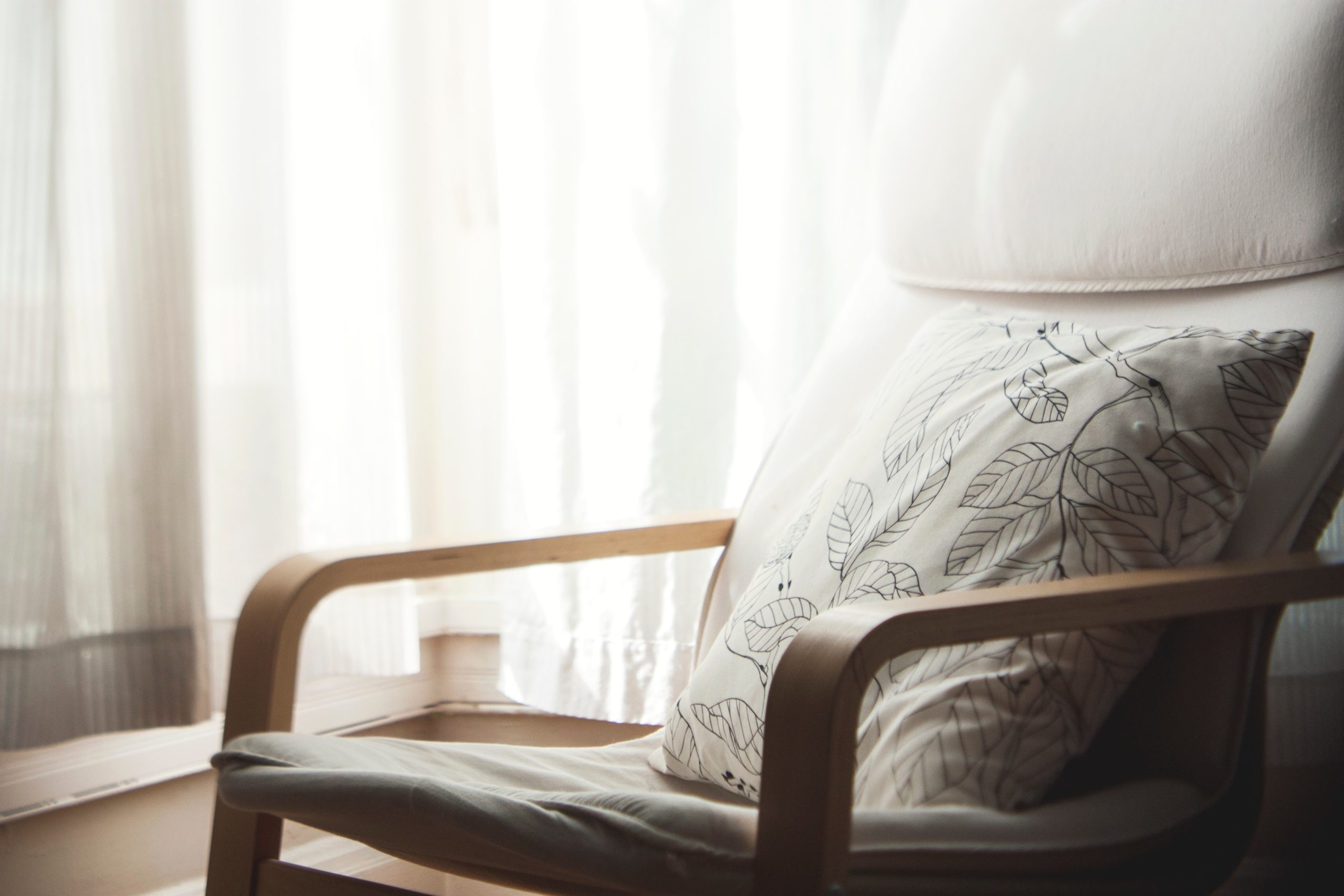Start your journey to feeling better today

Catherine Leeke Price
Counsellor and Psychotherapist

I am Catherine, a Counsellor and Psychotherapist in South Devon
Have you reached a stage where you are thinking,
“What have I got to show for my life?
I’ve spent my whole life looking after others, but nobody is there for me; I’m feeling all alone.”
You may be feeling worthless, directionless, depressed, and anxious and can’t see a way forward. You constantly tell yourself you are useless, unlovable, no good?
This affects all your relationships with partners, family, or friends and often you fall into the same old patterns.
You push people away and find it difficult to let people get close to you.
You lose yourself in relationships, trying to please others, without getting your own needs met.


Some of these feelings will have been around for a long time when you were a child, or maybe a recent event like the end of a relationship, redundancy, or loss has brought these feelings to the forefront.
Often, anxiety and depression come at a time in life when women are starting to feel the effects of Perimenopause and menopause (typically from 40 to 60 years of age) when their oestrogen levels are dropping.
This can also happen when your family and working life are changing, children are moving out, parents are becoming frail and more dependent, or you have drifted apart from your partner.
About Me
I support people with social anxiety, phobias, depression, OCD, and perimenopause, to examine their feelings and help them understand the reasons for their behaviour. In doing so, they can start to build a greater sense of who they are with acceptance, love, and compassion. When they work with me, they gain tools to overcome unhelpful behaviour patterns so they can relate better to the world and people around them and form better relationships.
I have more than twenty years’ experience of working in Mental Health settings, initially as an Art Therapist, and more recently as an Integrative Therapist, and believe I have a deep understanding of the many challenges people face.
I had personal therapy when I hit mid-life and was facing major changes including redundancy, bereavement, and the perimenopause. Counselling helped me work out what I wanted in my future life and what I needed to let go of. I also turned to yoga for my physical and mental wellbeing and am now a qualified yoga teacher and therapist. I find that yoga helps with my counselling as I draw on Mindfulness based practices such as breathing techniques, observing thoughts and feelings and offer these where I feel it will be helpful.
If this sounds like something that would help you, please don’t hesitate to email me and I can arrange a short phone call to see if I am the right therapist for you. It need only be a brief description of your current worries and what you hope to gain from therapy then we can take it from there.
Types of Therapy

Cognitive Behavioural Therapy (CBT)
Cognitive Behavioural Therapy is very effective in treating depression, anxiety, and phobias. During the first few sessions, we will examine how your current ways of thinking and behaving are impacting your relationships and your life. We’ll then be able to test some of these thoughts and beliefs and see if we can come up with an alternative way of thinking or behaving.
You may also go on to test some of your new ways of thinking and behaving with in situ experiments, which might involve sessions away from the therapy room. For this approach to be most effective, you will need to do some work at home between sessions.
I would recommend at least 16 CBT sessions for maximum benefit. We can also add a mindfulness element that encourages you to pay attention to your thoughts and feelings, and maybe even have compassion for yourself. You will learn some techniques for noticing your thoughts and feelings more closely.

Art/Creative Therapy
Through art therapy, you can explore past experiences, express difficult emotions, and gain insight into your life. Art therapy can be used in conjunction with Cognitive Behavioural Therapy, as well as other therapeutic approaches.
The two most common misconceptions about art therapy are that it is solely for artists and that therapists make interpretations of the work. Neither of these is true.
Using art to express yourself does not have to be about making great art, but rather letting the process lead you into exploring your emotions and beliefs more deeply than words can. We explore the meaning together, and you draw your own conclusions.

Sand Tray Therapy
With Sand Tray Therapy, past experiences, and difficult emotions are explored through sand in a safe, non-threatening environment.
Sand trays are microcosms of your world where you can explore relationships, self-belief, and life dynamics. Often people think the sand play is just for children (and it can bring back childhood memories and feelings by association), but it can also help you access some deeply seated aspects of yourself.
You can do a sand tray session one time as part of your ongoing therapy, or you can make it your main therapy approach.

Person Centred Therapy
Person Centred Therapy is totally non-directive talking therapy where there are no secret models or techniques to help you connect or solve problems faster. It is a gentle, yet powerful approach in which you feel listened to and seen, and you are able to go at your own pace. (I hope regardless of the approach you choose, you will feel this).
Our lives are all about finding meaning and a sense of self, and talking therapy helps us do that. All the approaches I use have one thing in common: it’s not about me giving you answers or advice, it’s about you exploring at your own pace what’s best for you.

Brief Solution Focus Therapy
Solution Focus Therapy can help you transform your life faster, whether you’re stuck in your job, relationship, or life overall. Our focus is on your future goals, not the whys and why not’s of the present. We also look at how you will make the changes based on your strengths.
The ability to develop effective coping strategies exists in everyone, but we sometimes forget to use them when things go awry. You can identify your strengths by looking at how you handled difficult situations in the past. Also, we’ll look at what’s not working so we can find a better way to do things.
A proactive approach like this works best when you are motivated to make changes. It may be possible to achieve results in a couple of concentrated sessions, although I would recommend 6 to 8 sessions.
Additionally, I draw from Transactional Analysis and Gestalt where I think it would be helpful for you and I can share some of the theory with you.
Years Experience
Online and Face to Face Sessions
I offer 1-2-1 counselling sessions in my private practice in a peaceful and calm therapy room in Holbeton, South Devon.
I can offer creative therapies, including art therapy and sand tray therapy. I am also a yoga therapist which is a more somatic body-focused approach to processing trauma.
